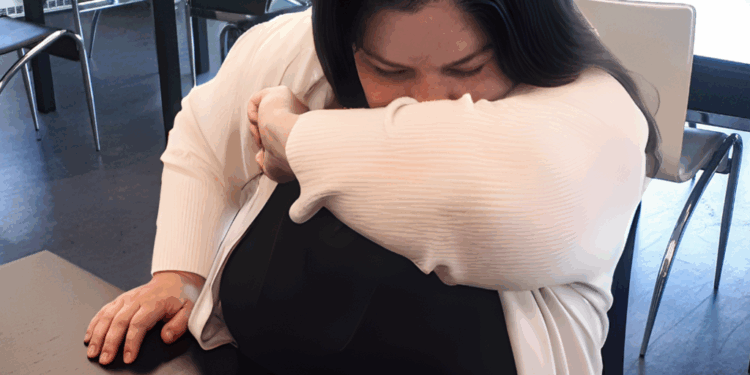It’s making a dangerous comeback.
With pertussis cases climbing, health authorities are bracing for a challenging year in controlling the spread of the illness, according to recent updates.
Often referred to as whooping cough, pertussis primarily affects infants and young children. So far this year, 8,485 cases have been reported nationwide—more than double the number seen at the same point last year. Tragically, the disease has claimed the lives of two infants in Louisiana and a 5-year-old child in Washington state within the past six months.
During the COVID-19 pandemic, pertussis cases declined due to widespread mask-wearing and reduced social contact. However, reported infections began increasing again in 2024. Experts note that this resurgence was anticipated, as whooping cough tends to follow a cyclical pattern, with spikes occurring every two to five years.
The rise in vaccine-preventable illnesses like pertussis may also reflect shifting public attitudes toward immunization. National data show a decline in kindergarten vaccination rates, while the number of children receiving exemptions from school vaccine requirements has reached record levels.
Since infants are most vulnerable before receiving their first dose at two months old, health officials strongly recommend vaccination during pregnancy. Despite this, uptake of the maternal pertussis vaccine remains lower than ideal.
Several states have been particularly impacted. Pennsylvania reported 207 cases early this year, while Michigan has already documented 516 cases, most involving children between the ages of 5 and 17. Last year, Michigan reported over 2,000 cases.
The Centers for Disease Control and Prevention advises pertussis vaccination for infants, young children, teenagers, pregnant women, and adults who missed earlier doses. Public health officials continue to urge vaccination as a critical tool in protecting vulnerable populations and reducing the spread of this potentially deadly disease.

































Discussion about this post